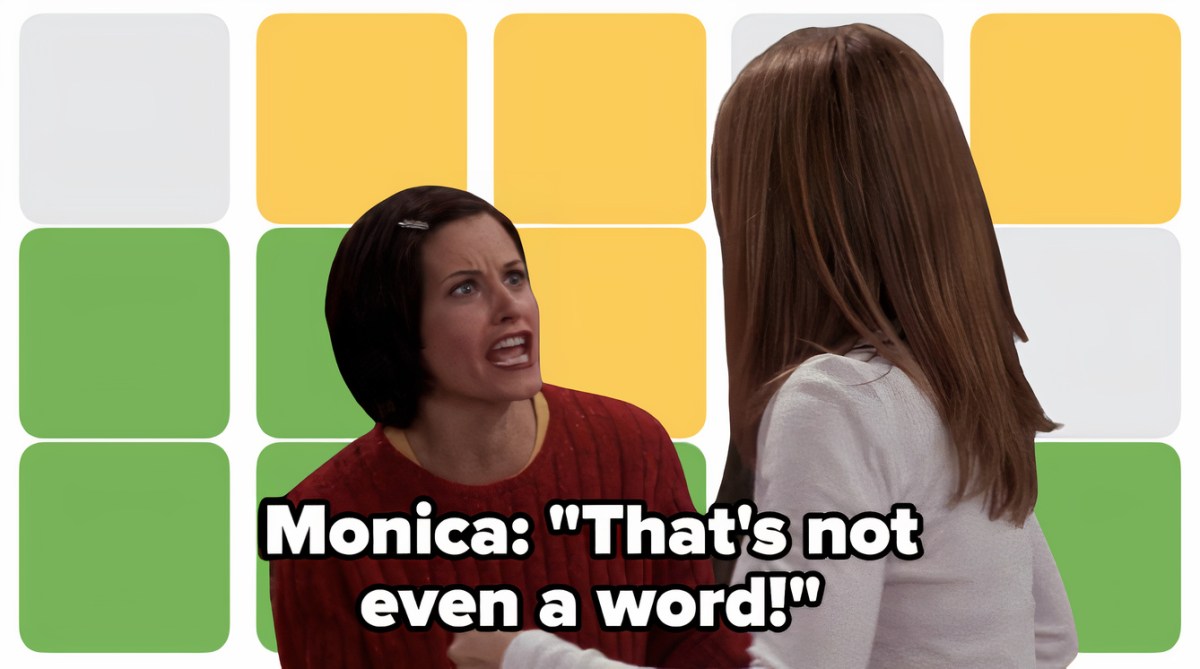Every day around three million people open Wordle and wrack their brains to think of a five-letter word that will turn the row of boxes green. Wordle is a wordplay game that gives its users six tries to come up with the correct five-letter word. Each guess may result in one or more boxes turning green, yellow, or black. Green indicates that the letter is correct, yellow shows that it is correct but is in the wrong place, and black means that the letter is not there in the word at all.
The catchy moniker comes from a pun on the founder’s name, Josh Wardle, who invented it for his word-games loving partner. Wordle was released publicly in October 2021, after which the game catapulted into a viral sensation. In January, Wordle became the first Twitter trend of 2022, and it earned a monetary stamp of approval when New York Times (NYT) bought it from Josh Wardle. Wordle’s success is indisputable, but there is one question that everyone is asking (well, other than, can you just tell me the first letter of the word, please?) — what is it that makes Wordle stand out?
On February 11, Wordle saved a life. A man broke into Denyse Holt’s home in Illinois, U.S.A., and locked her in the basement without any food and medication. Her eldest daughter got concerned when Denyse didn’t text her daily Wordle score, as was the routine. She was finally rescued after her daughter alarmed the neighbours.
Wordle is now intrinsically tied to our habits and behaviour. Denyse plays the game every single day, much like millions around the world, so much so that a disruption in this pattern meant that something had gone wrong. Wordle is now an essential ritual amidst the pandemic, though its roots go back to the time-tested crossword. For those who grew up solving the crossword or saw their family solving it every day, Wordle has become a nostalgic reminder of previous habits and memories. A routine that is perhaps lost or belongs in the past is now being reinforced through Wordle, adding to its appeal. The sentimentality behind the game is probably why the New York Times rushed to acquire it, and many blame the NYT for infringing on this sentimentality that was – till then – unstained by capitalism. In a matter of few months, Wordle has found its place in our homes and has influenced family ties – as with Denyse Holt.
In December 2021, Josh Wardle created a share button that generates a spoiler-free emoji grid because he realised that people enjoyed sharing their Wordle scores on social media. Every day, millions itch to share their scores with the entire world. However, a dopamine infused high after winning is something that all games provide, but what sets Wordle apart is that it restricts your chances to win — both in the number of tries and hours between each game. Perhaps it is this all-or-none approach that makes Wordle so addicting. Moreover, Josh Wardle made the sharing button “spoiler-free”: it doesn’t reveal the answer, only the score. It is surprising that there is an unspoken oath against revealing answers to Wordle. Given the current trend of live-tweeting every thought, other internet phenomena seem to be immune to this oath of secrecy.
Claims that Woordle has become harder since the NYT took over were floated by users on February 17 after a particularly difficult puzzle. Some even raged at the WOTD (Wordle of the Day) with five-letter curse words. Though, even with emotions running high, no one disclosed the word. One tweet even emphasised it in caps,“NO SPOILERS OR BLOCK”. The NYT may be spoiling everyone’s fun by giving hard words, but fellow players never ruin it for each other. Maybe it is this secrecy and loyalty that keeps Wordle interesting – the idea of “we’re all in this together”.
However, are we all in this together? Wordles of the World (on GitHub) has over 350 entries of Wordle in more than 91 languages, such as Cornish, Portuguese, Urdu, etc. Many have also copied the simplicity of Wordle to suit their niche interests, such as cricket or Taylor Swift. These can be seen as faux-Wordles, but their success still ties back to the craze of Wordle. Even those who were not playing the game were instead busy consuming memes about it. Tweets with coloured boxes that looked like the shared score had captions such as “not wordle, just a valentine’s chocolate” or “not wordle, just fried rice“. Wordle not only managed to rope in players but also meme-ers. Whether it be because of nostalgia, family, entertainment, faux-Wordles, or the simplicity of the game — Wordle makes us believe that we are all in this together.
Shree Bhattacharyya is a student of English literature and Media Studies at Ashoka University.
Picture Credits: Warner Bros.
We publish all articles under a Creative Commons Attribution-NoDerivatives license. This means any news organisation, blog, website, newspaper or newsletter can republish our pieces for free, provided they attribute the original source (OpenAxis).

